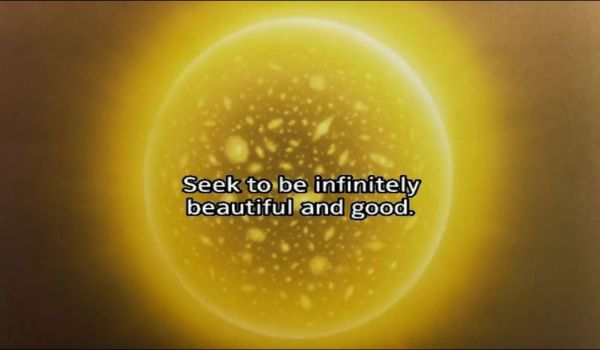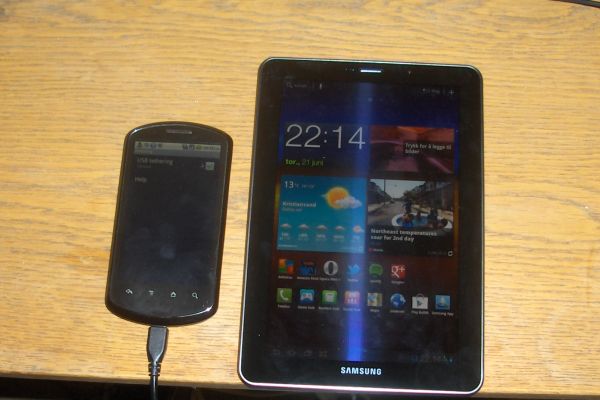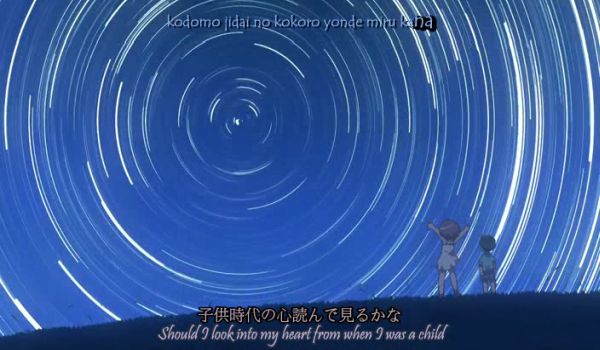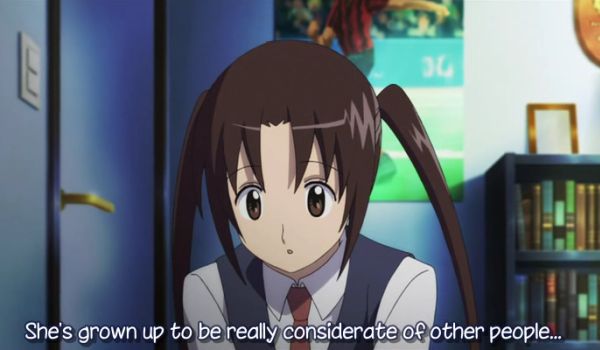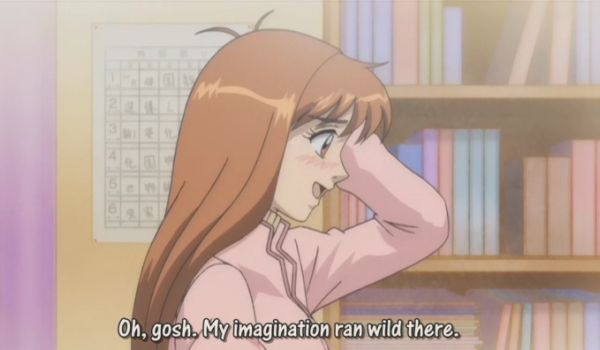
The end of the world? Not if Ryuho Okawa has anything to say about it! And he has quite a bit to say, as usual. Although this time most of the talking is done by the spirits of Montezuma and Quetzalcoatl. That’s how they appear in this book, at least.
The book 2012 is one of two I recently discovered on Smashwords. I tend to buy any books from Happy Science, although I have had a couple disappointments, even they have been interesting at least. Happy Science is a Japanese new religion. Technically it is a cult, in the same way as Christianity, a religion centered on one man who is believed to be divine. Unlike Jesus Christ, Japanese author Ryuho Okawa is neither dead nor resurrected, but he obviously has some other qualities to inspire his followers. Like having written over 800 books in less than 30 years. This is one of them.
The book is a bit overpriced compared to its length. This seems to be a trend now that IRH press has taken over publishing the English versions themselves rather than licensing them to overseas spiritual publishers. Perhaps they feel that people should be expected to pay this much for books by a god? Or perhaps they just are unfamiliar with the price level in the English-speaking market. This is quite possible. I know from my own homeland, Norway, that book prices here are several times higher than in America, so much so that I prefer buying Norwegian books in English translations. Perhaps the same is true for Japan? Japanese anime certainly is expensive compared to American cartoons, so that may explain it. Anyway, prepare your wallets, I paid around 15 bucks for some 25000 words. Of course, being Norwegian, I don’t have a problem paying 15 dollars for a book, but your economy may vary.
Now for the book itself. It is sold as non-fiction, but I think some will disagree.
***
There is a prophecy that the world will end in 2012, more exactly on December 22. This is because the end of the Mayan calendar happens at this time. That seems a pretty flimsy excuse for ending the world. The world of the Mayans has already ended, so to speak, when their kingdom dissolved shortly after the year 900, even though their descendants still live in the area. The Aztec empire was to some extent inspired by the Mayans who preceded them. The Aztecs lived further north, in today’s Mexico.
Earlier this year, a calendar was found that included the next cycle, showing that Mayans did not actually expect the world to end this year after all. But the book I review was written in 2011, so this information is lacking.
Ryuho Okawa may be considered the greatest god on Earth, but even gods can’t know everything when they are incarnate. So he used his powers as the world’s greatest spiritual medium to place a general call to the spirit world, asking for whichever spirit was most involved with the 2012 prophecy. He then acted as host for the spirit, while his assistants interviewed it. They got quite a surprise. The spirit was that of the last Aztec king, Montezuma. But more worrying, he claimed to now be the guardian spirit of Barack Obama, and planned to use him to fulfill the Mayan curse in December 2012.
The book includes the full interview with the spirit of Montezuma. He does not seem all that impressive to me, and probably not to the Japanese either. He insisted that he did not want revenge on the Caucasians or the Christians, he just wanted to get the karma back to the middle by ending their dominance. He spent a good deal of his time talking about aliens and an expected alien invasion, but the connection between this and what he said before about ending the Christian calendar was pretty vague. All in all, for a great statesman he did not seem all that enlightened.
The more the contrast to the second interview in the book, where Okawa summons Quetzalcoatl, the Aztec god, whom Montezuma had mentioned a couple times. Montezuma believed that Quetzalcoatl was actually Jesus Christ. Now, a while after the previous interview, Quetzalcoatl had contacted Okawa saying that he wanted to give a message. This happens from time to time. So Okawa let the spirit of Quetzalcoatl enter his body and let his assistants interview him.
This was a very different and somewhat hair-raising read. The spirit of Quetzalcoatl appears far more intelligent, coherent and spiritual. First, he confirmed that he was Jesus, but did not make an issue of it. In fact, he seemed surprised that he had lived a long life without being killed this time.
(In the lore of Happy Science, there are ten 9-dimensional spirits or Saviors, of which Amor (Jesus Christ) is one and El Cantare (Ryuho Okawa) another, but due to the vast spiritual power of these beings they can only pack up to 1/5 of their consciousness into one mortal body at a time. They can however send less, and there is also a difference of how “core” the personality is that they incarnate. Okawa is the very core of El Cantare, the most exact representation of his being and the most powerful. Jesus Christ was supposedly something similar for Amor. Still, it seems to have baffled everyone that Jesus would send even a fringe incarnation to Meso-America without telling his good friend Ryuho Okawa. There is no mention of this in The Golden Laws, which details the appearance of the Great Spirits in human history. Then again, Japanese generally don’t consider Latin America and Africa “human history”, more like pre-history I guess. Actually Quetzalcoatl took them to task for that.)
Quetzalcoatl does not consider the aliens much of a problem. His worry is something else entirely: Japan is about to get destroyed by a human army, and Okawa’s life is in danger. It is of the utmost importance that Okawa completes his message to the world before he dies and gets it to Latin America, where it will survive after the fall of Japan. Quetzalcoatl scolds Okawa’s disciples for their lack of devotion, saying that they treat Happy Science as a business and don’t see the importance of saving souls. He also takes the religion to task for its focus on material progress. God does not particularly care about material progress, says Quetzalcoatl: People are often more likely to seek salvation in hard times. Civilizations rise and fall because that is the way they were designed to work. To the gods, this is comparable to a washing machine, that shakes things up and down to get rid of the dirt. So there are good times and hard times, you cannot escape that. You need to save the souls, that is the purpose of religion, not to run a successful business.
Quetzalcoatl also states that the failure of the Happiness Realization Party to win political influence in Japan was due to the poor quality of Okawa’s disciples, they are 20 years behind the curve and it may be too late to save the country now. Thus his invitation to bring Happy Science to Latin America, where he will watch over it after Okawa is gone. You are only thinking about Japan, he scolds the Happy Science staff: We are trying to save souls in countries you don’t even know the name of!
Okawa seems taken aback after the end of the interview. Still, the afterword of the book states once again that the future will be bright if you believe in him and improve your mind. As humans, we have the divine ability to create, and together we can create a better future.
But it does not escape my notice that he has just this summer released a movie in Japan detailing the invasion by a superior Asian military power, and how in that case the nation can only be saved by spiritual means. I look forward to seeing it. Is this the legacy of Quetzalcoatl?




